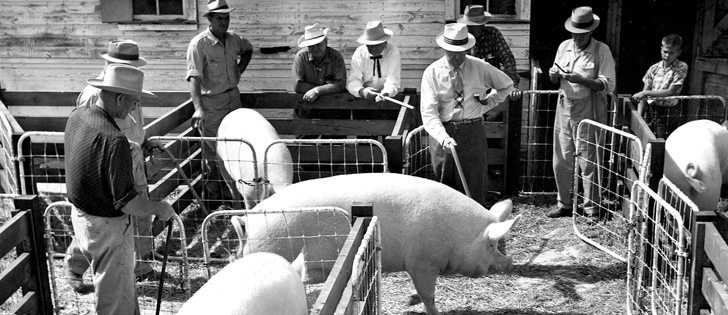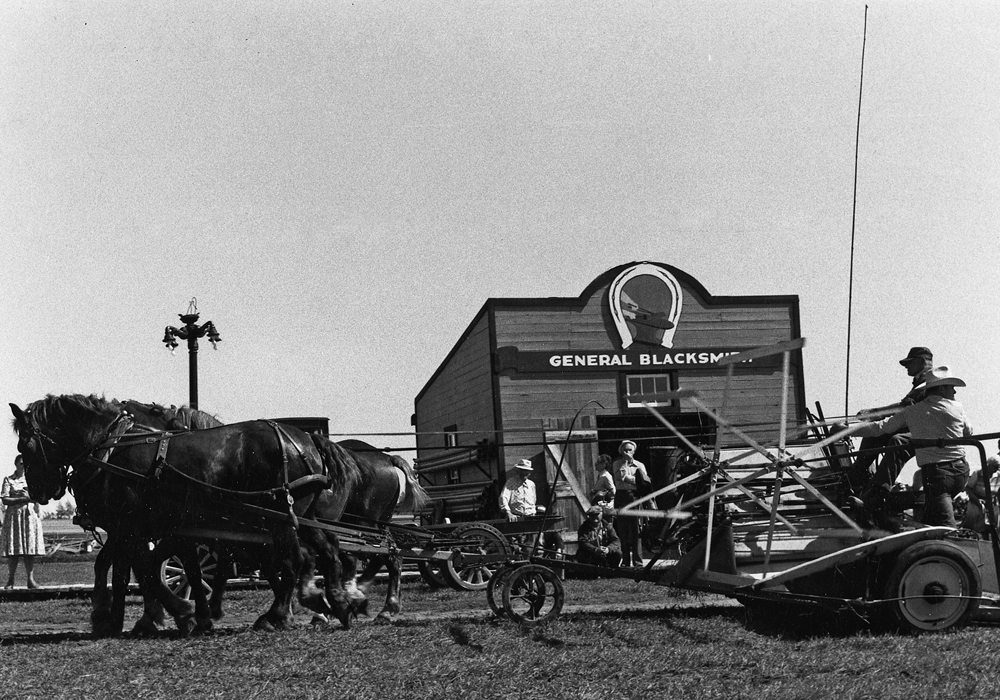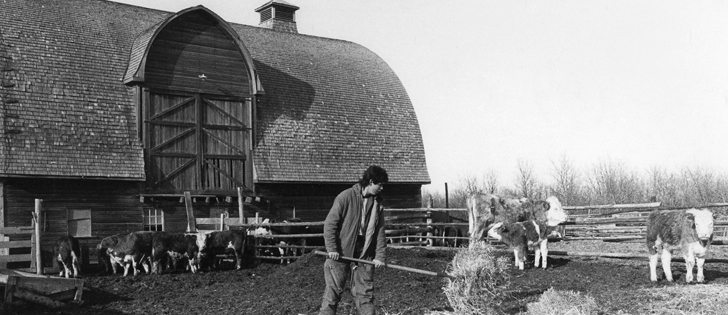The Western Producer takes a weekly look at some of the stories that made headlines in issues of the paper from 75, 50, 25 and 10 years ago.
75 years ago: April 25, 1940
Saskatchewan agriculture minister James Taggart, chair of the Canadian Bacon Board, said the board was trying to decide what to do about the drop in hog prices, mainly attributed to there being more hogs and bacon in Canada than the country’s contract with Britain could absorb. Taggart also believed Britain planned to reintroduce rationing.
Pressure was mounting on the federal government to make an interim payment on the wheat that farmers delivered to the Canadian Wheat Board the previous fall. The Alberta Wheat Pool called for the payment in a resolution sent to Ottawa, while United Farmers of Canada president George Bickerton urged the government to do so under the War Measures Act. Stories about calls for an interim wheat payment were common in the paper in 1940.
Read Also

Trump’s trade policies take their toll on Canadian producers
U.S. trade policy as dictated by president Donald Trump is hurting Canadian farmers in a multitude of ways.
50 years ago: April 22, 1965
The Red River was inching its way up its banks, and premier Duff Roblin warned that flooding on the scale of 1948 could be expected. The meteorological branch of the federal transport department reported above-normal precipitation in most of the Prairies, with the exception, ironically, of Manitoba. Conditions created optimism for the upcoming growing season.
Two grain companies announced they would contract for tame mustard seed in 1965. Saskatchewan farmers were reported to be interested in the oilseed, which had previously been grown mainly in southern Alberta and Manitoba. Flash forward to 2015 and more than 80 percent of Canada’s mustard crop is now grown in Saskatchewan.
25 years ago: April 26, 1990
Ottawa stopped the sale of a fertilizer supplement in Canada, which was said to be the first time such action had been taken in this country. Nitrozyme, which contained a hormone based on a seaweed extract, was registered as a growth aid for wheat, barley, canola and potatoes. Researchers had begun to notice that it didn’t work on barley, canola and wheat.
Farm debt review boards were busy in Saskatchewan, working with 7,341 farmers as of Feb. 13, which was more than 10 percent of the province’s producers. One-quarter to one-third of farmers had been through the board in some municipalities.
10 years ago: April 21, 2005
Canadian Wheat Board officials attending a World Trade Organization meeting in Geneva expected to encounter critics calling for the end of single desk marketing, but they didn’t expect one of the critics to be a colleague. Wheat board director Jim Chatenay, described as an implacable foe of the board’s monopoly, was listed as representing the Western Barley Growers Association. He said he was representing only himself and the farmers from his CWB district. His fellow directors were not amused.















